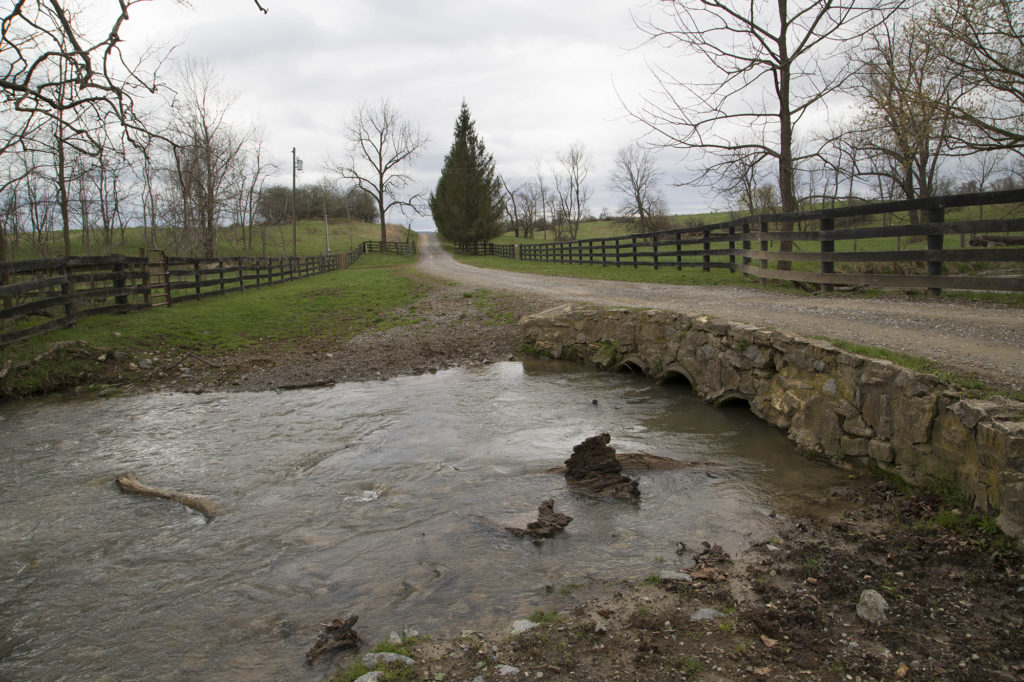
An overhaul of the 2015 Waters of the United States rule “strikes an appropriate balance” between protecting water resources and providing clear rules for regulators and electric cooperatives, according to NRECA.
The association submitted final comments April 15 on the rule proposed by the Environmental Protection Agency and the U.S. Army Corps of Engineers.
“Cooperative members value and deserve a clean, healthy environment and want a significant environmental bang for the regulatory compliance buck,” said Dorothy Kellogg, NRECA senior principal for environmental policy.
“The proposed rule does not ‘roll back’ or weaken environmental protections. Rather, it protects water resources, while respecting the states’ traditional authority over land and water use.”
The proposed rule would remove most ditches and “ephemeral streams” from the federal definition and retain the exemption for waste treatment systems and their component parts from the 2015 rule. It also better reflects several Supreme Court decisions regarding federal jurisdiction over wetlands as well as surface waters, Kellogg noted.
The proposed rule further reflects the NRECA position that federal regulatory authority should be limited to those water features that exert the strongest influence on downstream navigable waters, she said.
“NRECA is pleased that the agencies propose to narrow the scope of federally jurisdictional waters to align more closely with the Clean Water Act’s shared federal-state responsibility for protecting our nation’s waters,” Kellogg said. “The proposal will bring the definition of federally jurisdictional waters better in line with congressional intent, the Constitution’s commerce clause, as well as case law.”
NRECA gave the agencies recommendations to further improve the rule including:
- Clarify the definition of “tributaries” based on scientific data.
- Roll remaining jurisdictional ditches and impoundments into other categories.
- Limit the “traditional navigable waters” category to waters that “are currently used, or were used in the past, or may be susceptible to use to transportinterstate commerce.”
EPA could finalize the rule by early 2020.
Cathy Cash is a staff writer at NRECA.